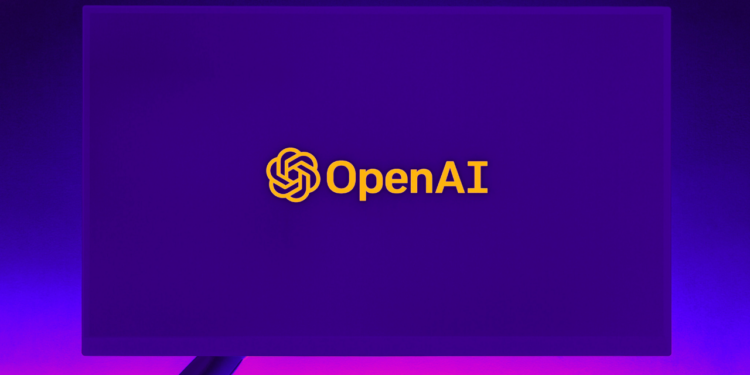What’s going on:
OpenAI – the artificial intelligence company behind the groundbreaking ChatGPT – announced plans to increase data security for its users by allowing users to switch off chat history. With a keen focus on data control, the company also unveiled plans to release a new ChatGPT Business subscription tier that caters to the needs of business professionals who demand more control over their information. The service is also intended for enterprises that desire to manage their end users, according to TechCrunch.
The company said that conversations within ChatGPT that are started with the chat history feature disabled won’t be used to train and improve its models. If the chat history feature is disabled, the conversation also won’t appear in the history sidebar.
According to the blog post published yesterday by OpenAI, “These controls, which are rolling out to all users starting today, can be found in ChatGPT’s settings and can be changed at any time. We hope this provides an easier way to manage your data than our existing opt-out process. When chat history is disabled, we will retain new conversations for 30 days and review them only when needed to monitor for abuse, before permanently deleting.”
Why it matters:
The introduction of new security features and the ChatGPT Business subscription service could have significant implications for the future of work. As businesses gain more control over their data and privacy settings, they may feel more comfortable adopting AI-powered chatbots like ChatGPT for various tasks. This increased adoption could lead to a shift in the job market as companies increasingly rely more on AI-driven solutions.
How it’ll impact the future:
One potential outcome is that businesses might start eliminating certain positions in favor of using AI programs like ChatGPT. For example, customer support roles might one day be replaced by AI chatbots that can handle a large volume of queries efficiently and accurately. Similarly, administrative tasks and other routine jobs may one day be automated – leading to a reduction in the workforce required for these roles. This shift could result in a greater demand for employees with skills in AI development, management, and integration, as well as those who can work alongside AI systems effectively.
The increased business adoption of AI programs like ChatGPT does not necessarily mean a direct threat to all kinds of jobs. While some positions may be eliminated or transformed, new opportunities could arise in other areas. Services like ChatGPT might allow the workforce to focus on more complex and creative tasks. In this sense, the growing use of AI in the workplace could lead to a redefinition of job roles and responsibilities, rather than an outright elimination of a multitude of positions. The impact of ChatGPT and similar AI technologies on the job market will depend on how businesses choose to integrate and utilize these tools within their operations.



 Dr. Gleb Tsipursky – The Office Whisperer
Dr. Gleb Tsipursky – The Office Whisperer Nirit Cohen – WorkFutures
Nirit Cohen – WorkFutures Angela Howard – Culture Expert
Angela Howard – Culture Expert Drew Jones – Design & Innovation
Drew Jones – Design & Innovation Jonathan Price – CRE & Flex Expert
Jonathan Price – CRE & Flex Expert











